This site contains affiliate links. I may earn a small commission, at no cost to you.
This shows you 29 Perfect Spring garden ideas for beginners.
Spring is the perfect time to kickstart your gardening journey, and if you’re a beginner, there’s no better season to dive into planting and cultivating your own outdoor space.
From vibrant flowers to fresh herbs and vegetables, a well-thought-out garden can brighten up your home and provide a sense of accomplishment as you watch your plants grow.
Supposedly you’re working with a small balcony, a spacious backyard, or even just a few windowsills, there are countless ways to create a thriving garden that suits your space and lifestyle.
In this post, we’ll explore 29 simple and practical spring garden ideas that will help you get started on the right foot, even if you’re new to gardening.
29 Spring garden ideas for beginners
1. Start with Easy-to-Grow Plants
Begin with plants that are easy to care for and thrive in spring, such as marigolds, sunflowers, and pansies. These plants require minimal maintenance and provide immediate satisfaction with their vibrant blooms.
2. Grow Herbs in Containers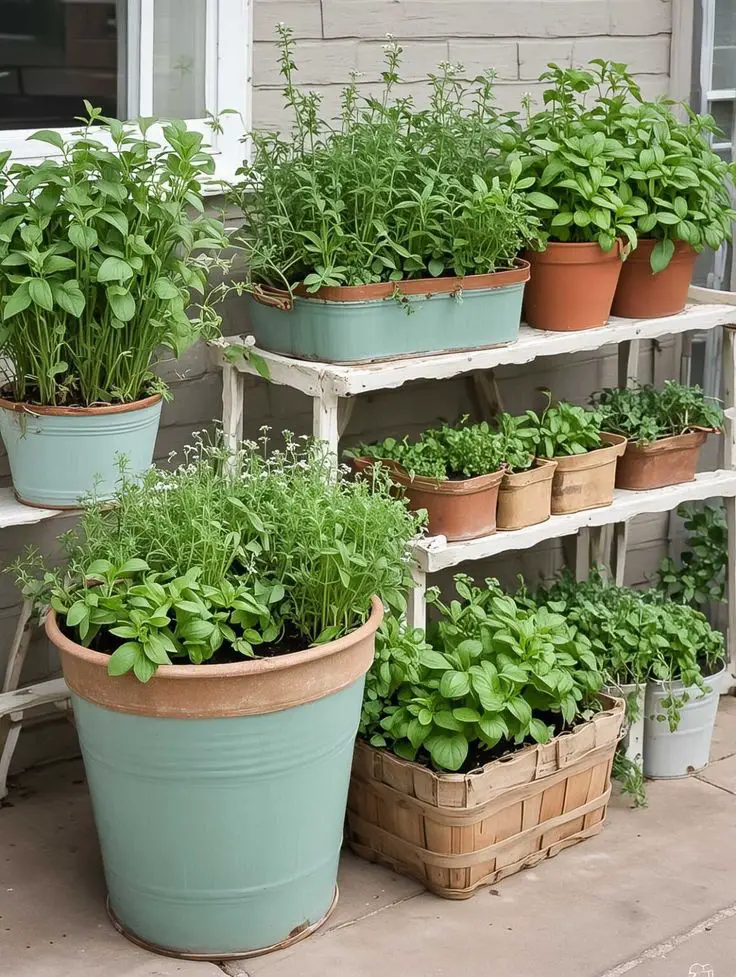
Herbs like basil, mint, thyme, and rosemary are great for beginners. Start them in containers so they can thrive indoors or outdoors. These herbs are low-maintenance and add flavor to your meals.
3. Try Raised Garden Beds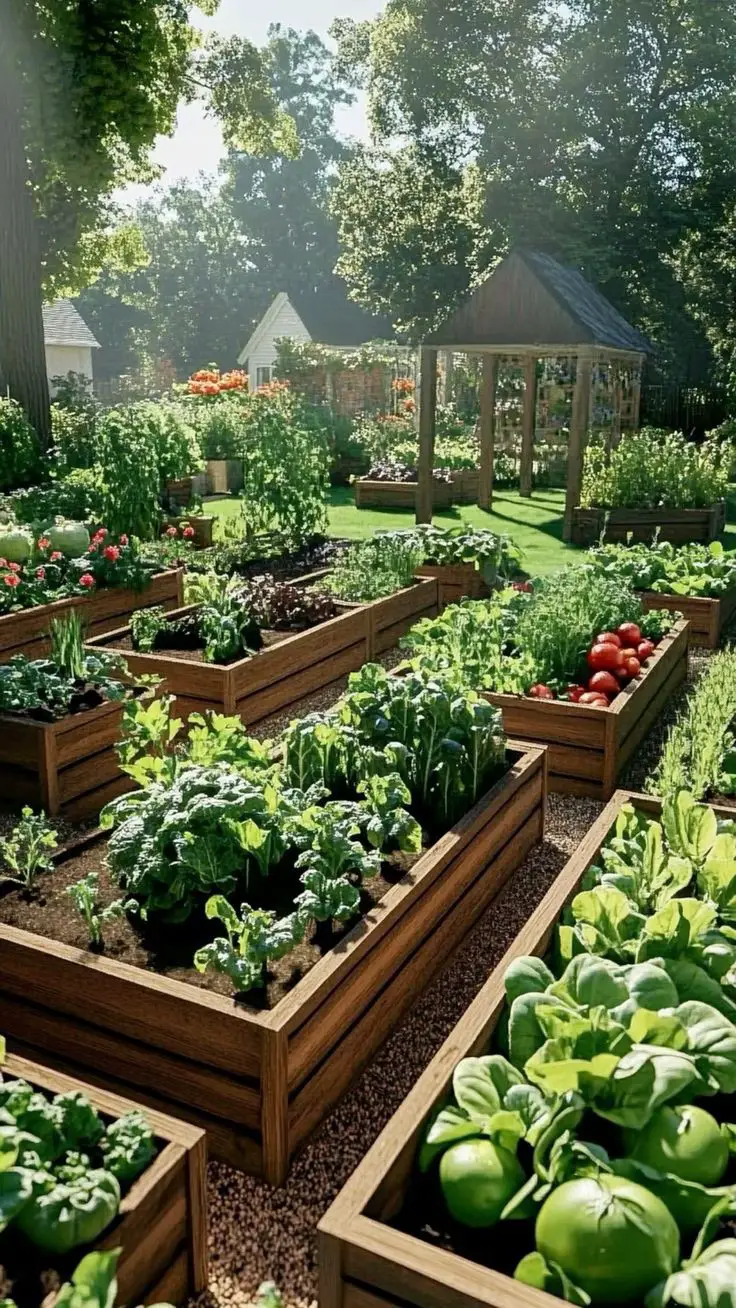
Raised beds are ideal for beginners, especially if you have poor soil. They provide good drainage, warmer soil temperatures, and less weed growth. Fill them with compost or nutrient-rich soil to support plant growth.
4. Use a Seed Starter Kit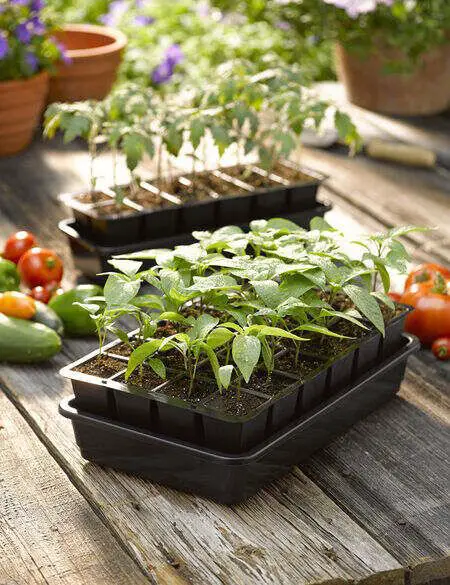
Seed starter kits simplify germination. These kits typically come with small pods or trays that help you start seeds indoors, giving you a head start before transferring them outside once the weather warms up.
5. Create a Pollinator Garden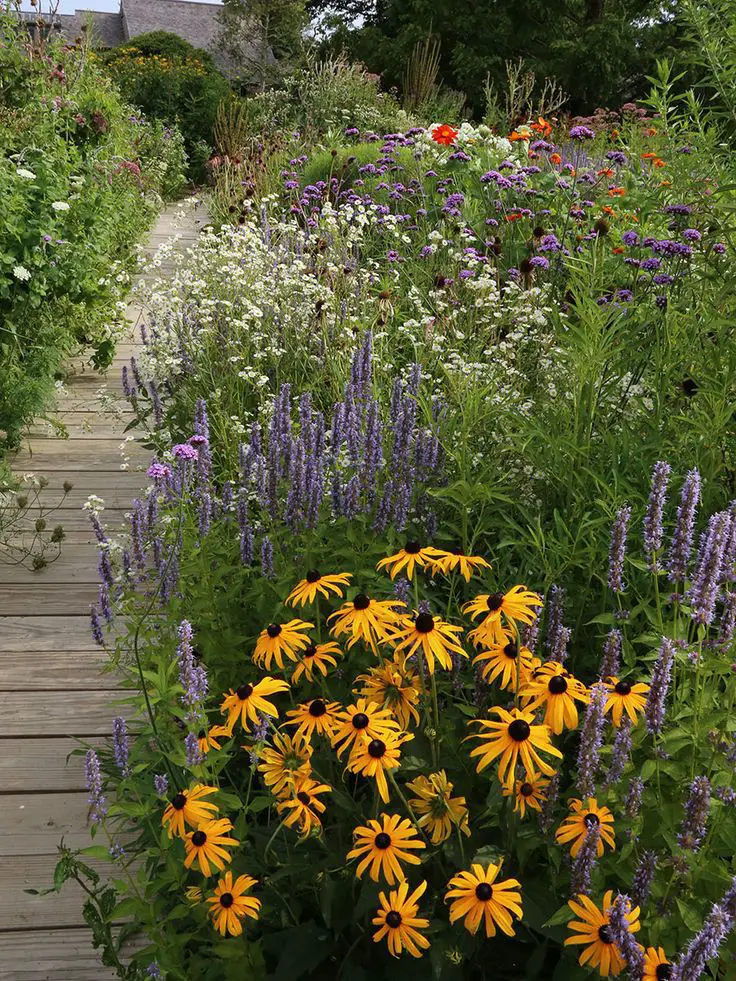
Attract bees, butterflies, and hummingbirds by planting flowers like lavender, echinacea, and cosmos. These flowers thrive in spring and will help pollinate other plants in your garden.
6. Grow Vegetables in Containers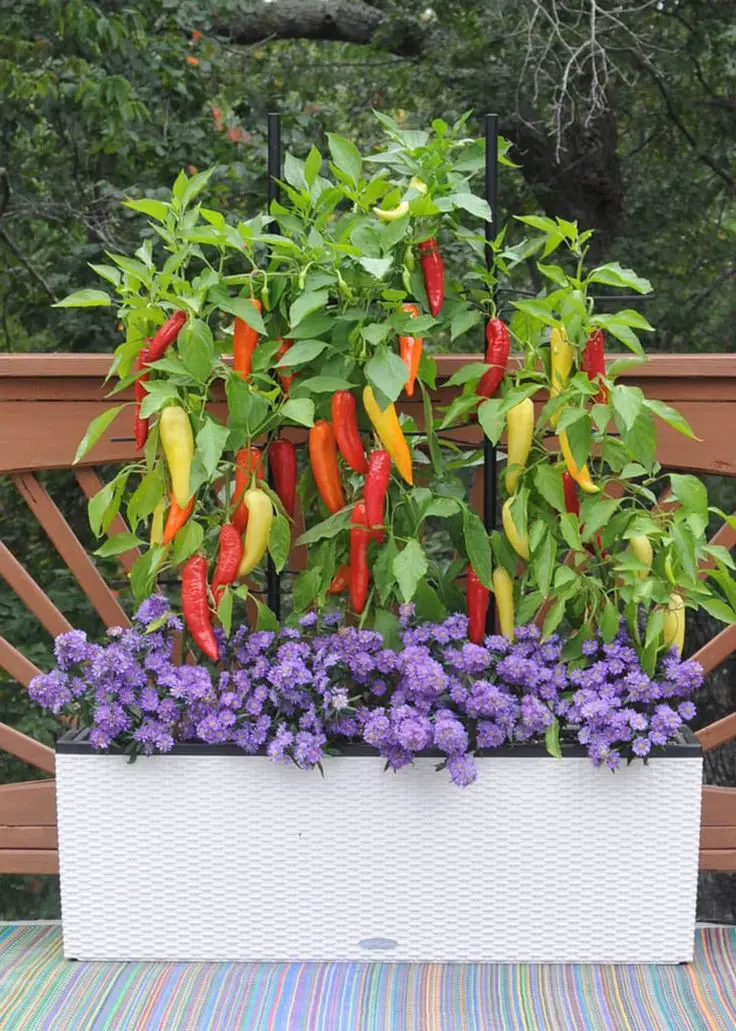
You don’t need a lot of space to grow vegetables. Containers are perfect for growing spring veggies like lettuce, spinach, tomatoes, and peppers. Ensure proper drainage, and use a good-quality potting mix.
7. Plan for Vertical Gardening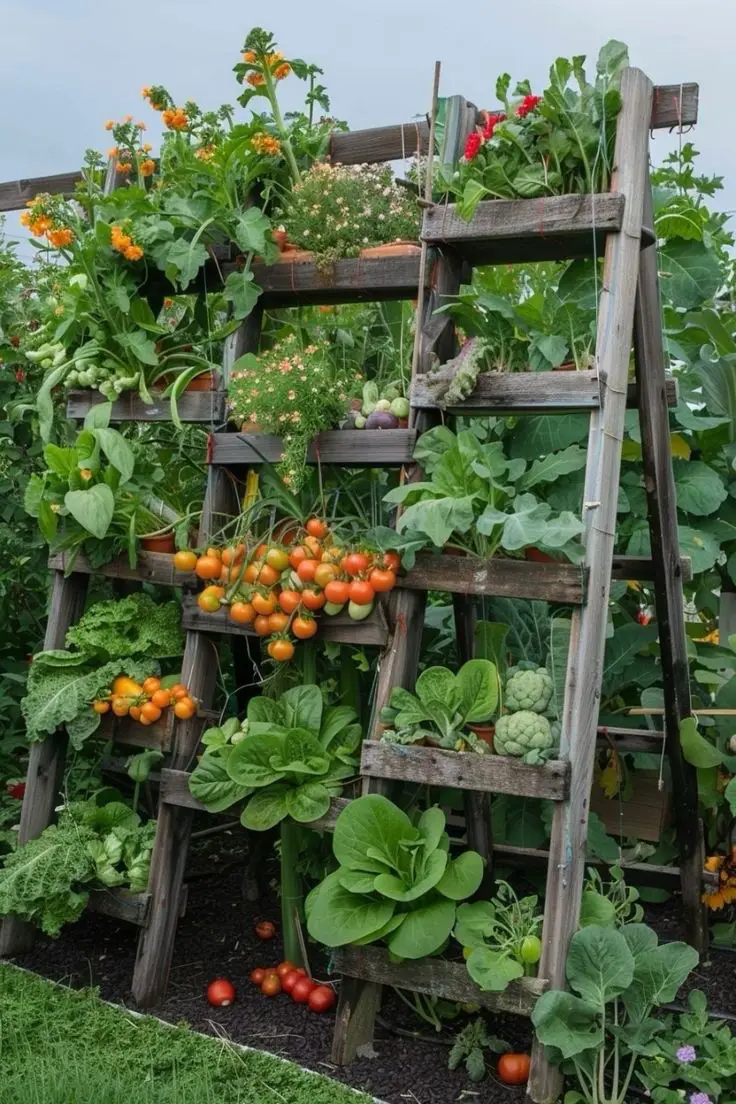
Utilize vertical space by using trellises, hanging baskets, or garden towers. This is especially useful if you have limited space, allowing you to grow climbing plants like beans, cucumbers, and peas.
8. Plant Perennials for Long-Term Growth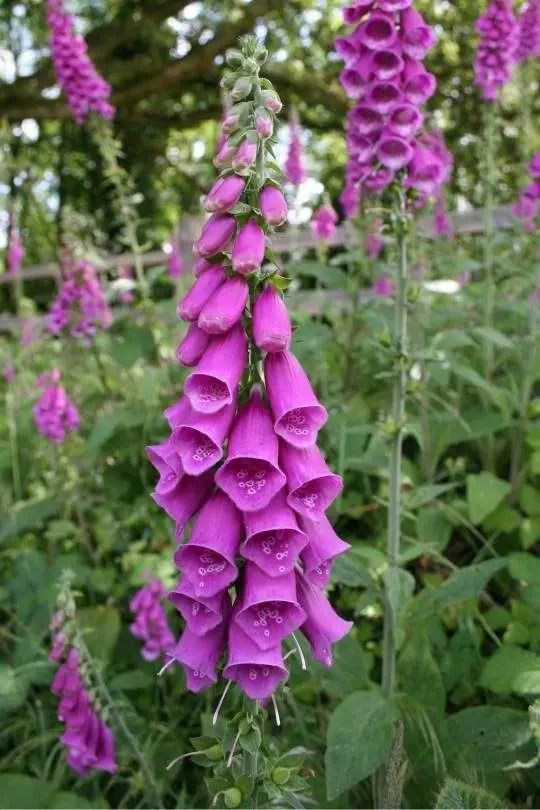
Perennials like tulips, daffodils, and peonies come back year after year. This means less replanting and more consistent blooms, making them perfect for a beginner garden.
9. Grow Wildflowers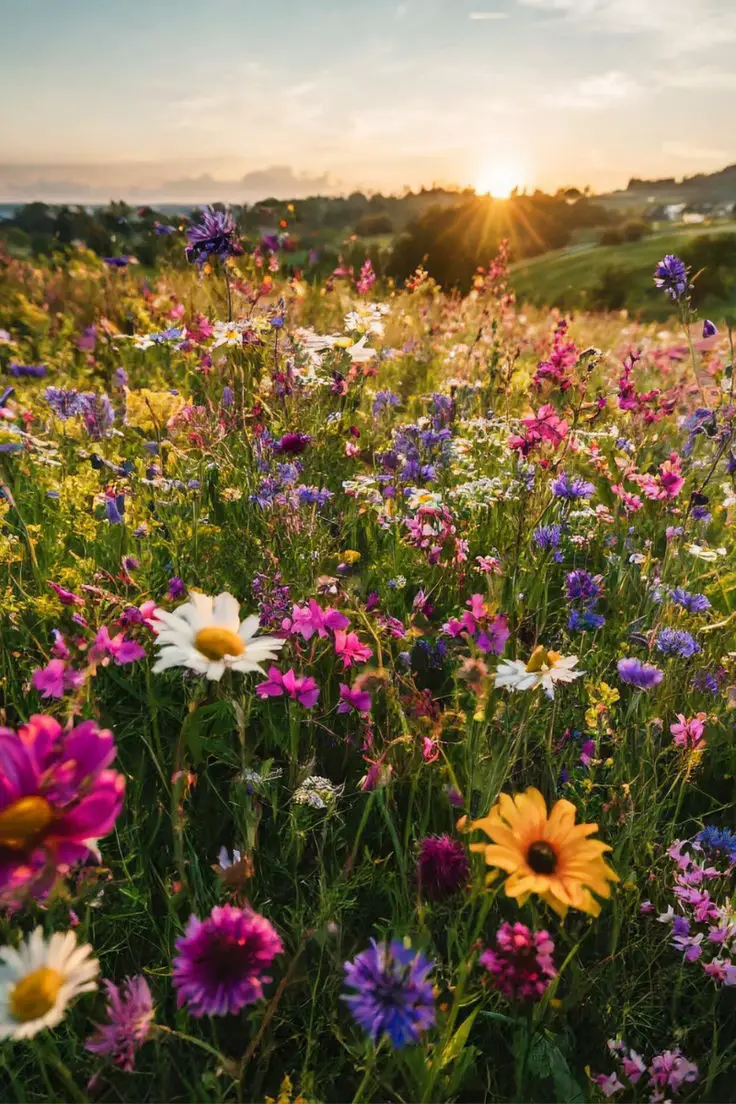
Wildflowers are easy to grow and attract pollinators. Create a natural, low-maintenance garden by planting a mix of wildflower seeds in a sunny area.
10. Use Mulch to Retain Moisture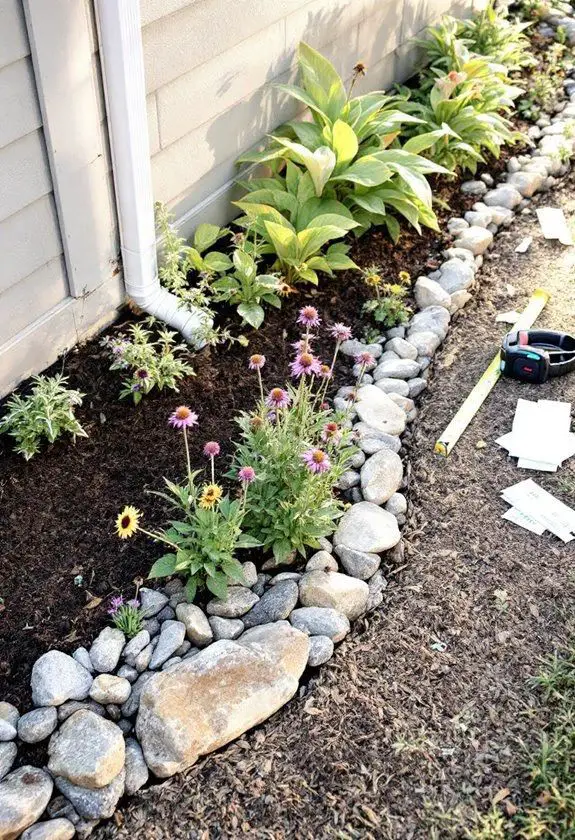
Mulching around your plants helps retain soil moisture, suppress weeds, and regulate soil temperature. Organic mulches like bark or straw decompose over time, adding nutrients to the soil.
11. Water Early in the Morning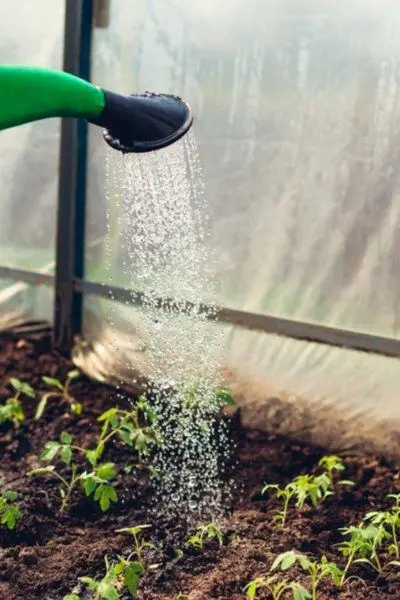
Watering your garden in the early morning allows the water to soak in before the heat of the day. It also helps prevent fungal diseases, as the soil will have time to dry before evening.
12. Consider a Garden Path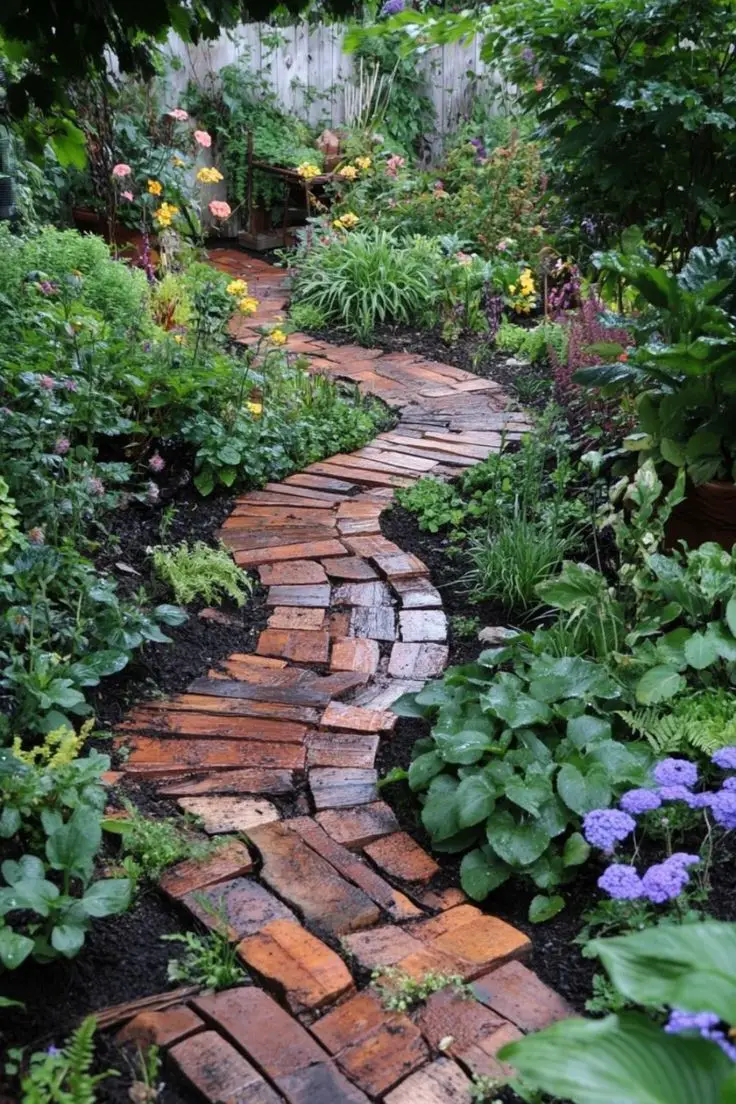
Create a simple stone or gravel path through your garden. It not only helps define the garden space but also makes it easier to navigate and maintain the plants.
13. Plant Annuals for Immediate Color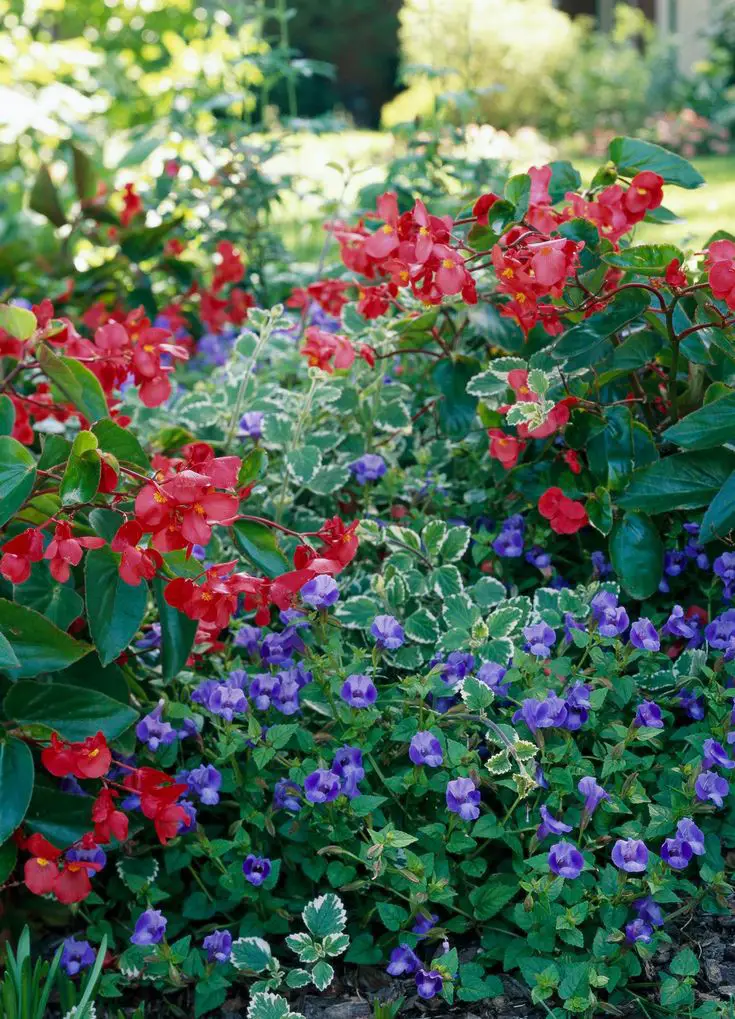
Annuals like petunias and begonias bloom quickly and last throughout the season. They are great for adding color and vibrancy to your garden while you wait for your perennials to grow.
14. Add a Water Feature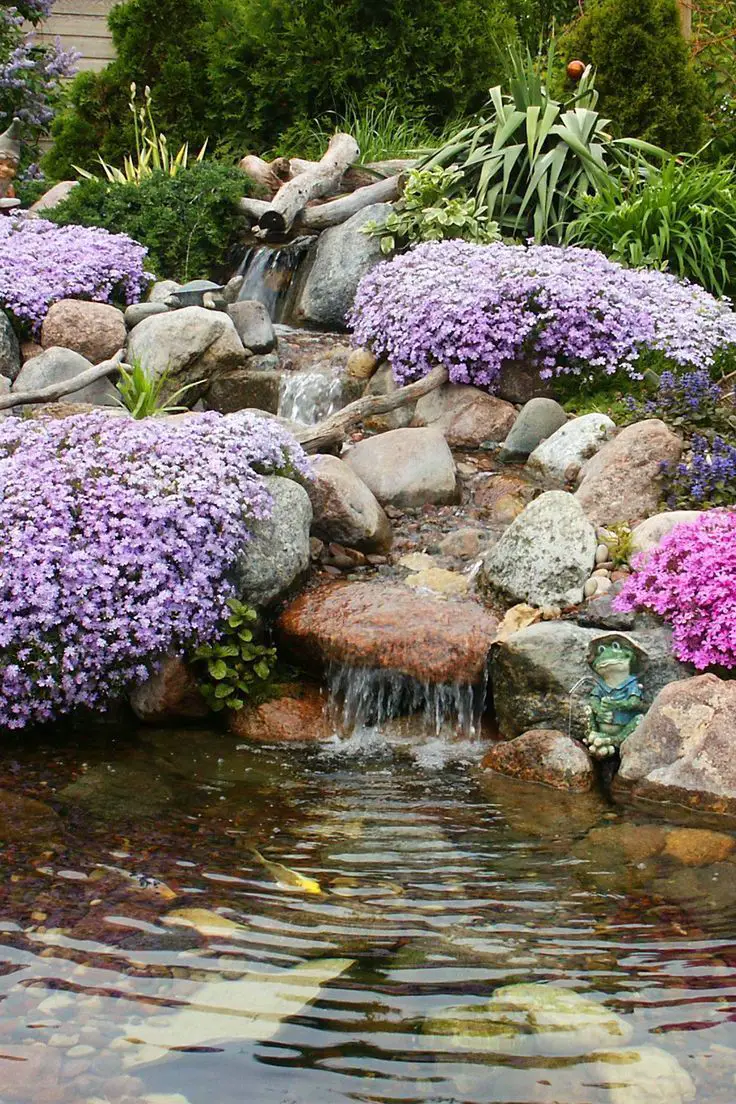
A small water feature, like a birdbath or a fountain, can be a charming addition to any garden. It also attracts birds and other wildlife, adding life to your outdoor space.
15. Use Organic Fertilizers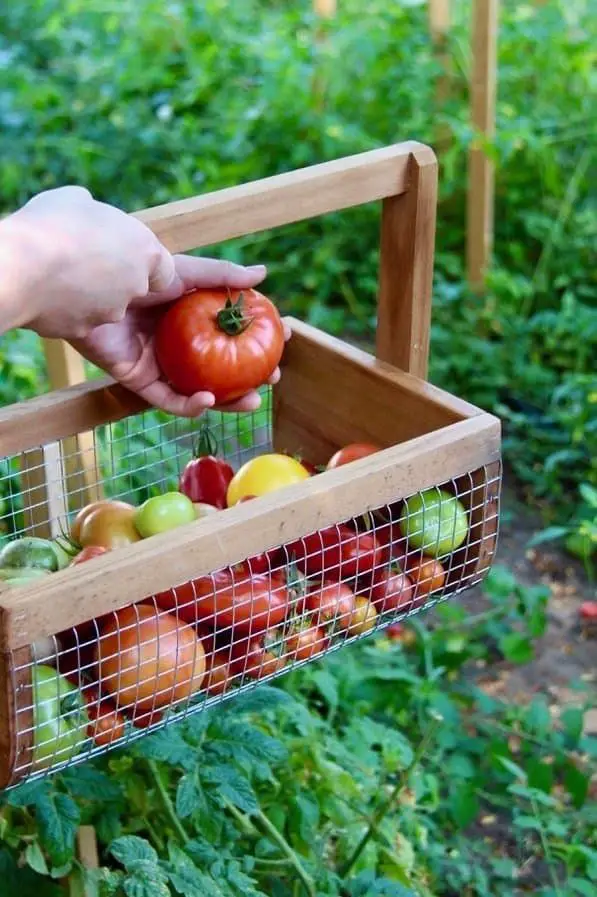
Opt for organic fertilizers to feed your plants. These fertilizers are gentle on the environment and improve soil health over time. Look for ones made from natural ingredients like compost or fish meal.
16. Compost Your Waste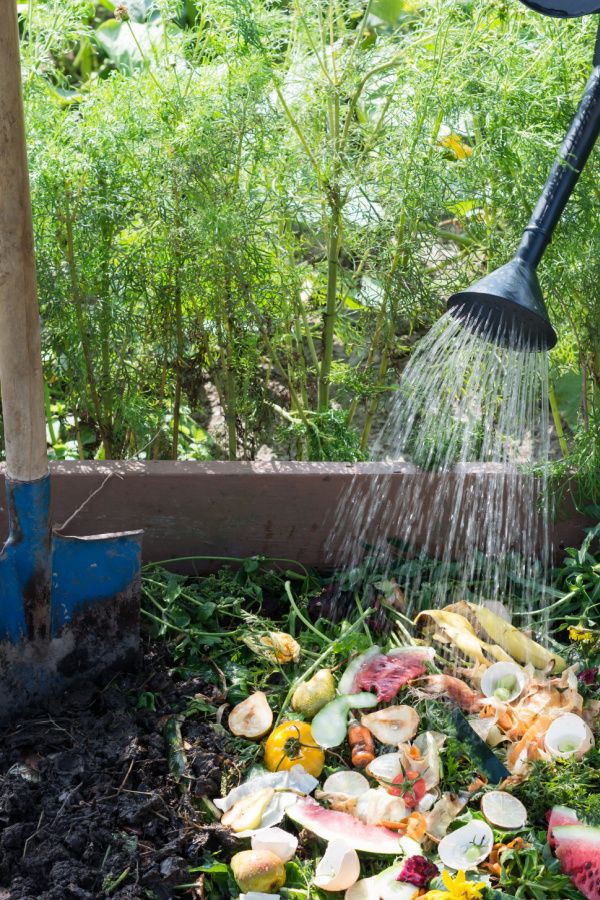
Start composting to create nutrient-rich soil for your garden. Collect vegetable scraps, coffee grounds, and yard waste to compost. This reduces waste and helps feed your plants.
17. Choose Drought-Tolerant Plants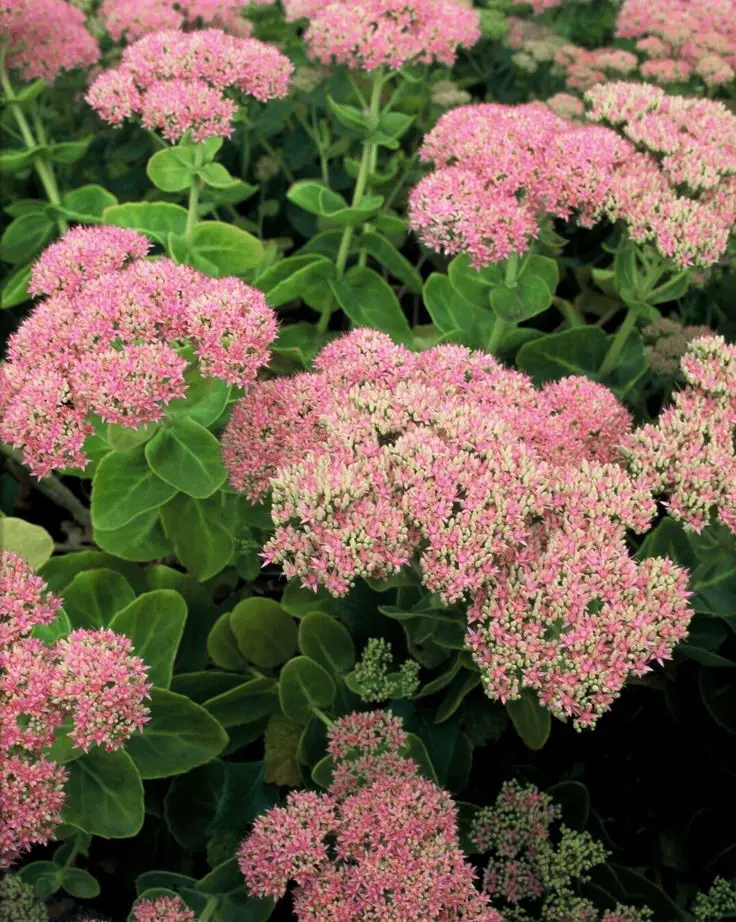
For an easy-maintenance garden, choose drought-tolerant plants like succulents, lavender, and yarrow. These plants need less frequent watering, making them ideal for beginners.
18. Grow Flowers and Veggies Together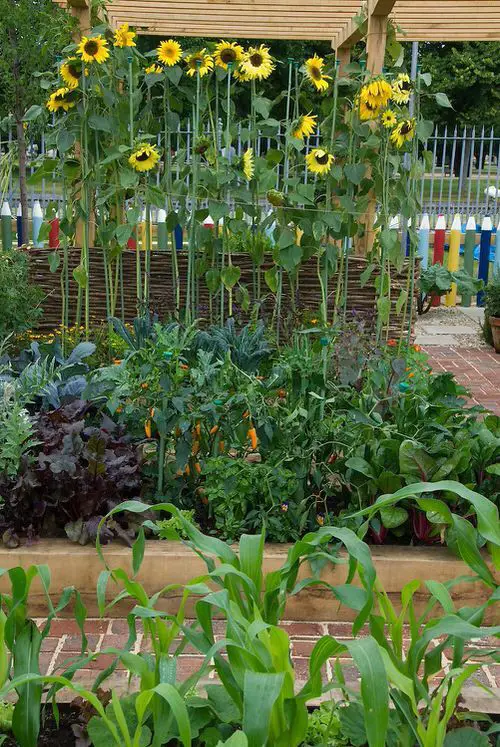
Companion planting can help improve plant growth. For example, plant marigolds near your vegetables to deter pests, or grow basil next to tomatoes to enhance flavor.
19. Install a Drip Irrigation System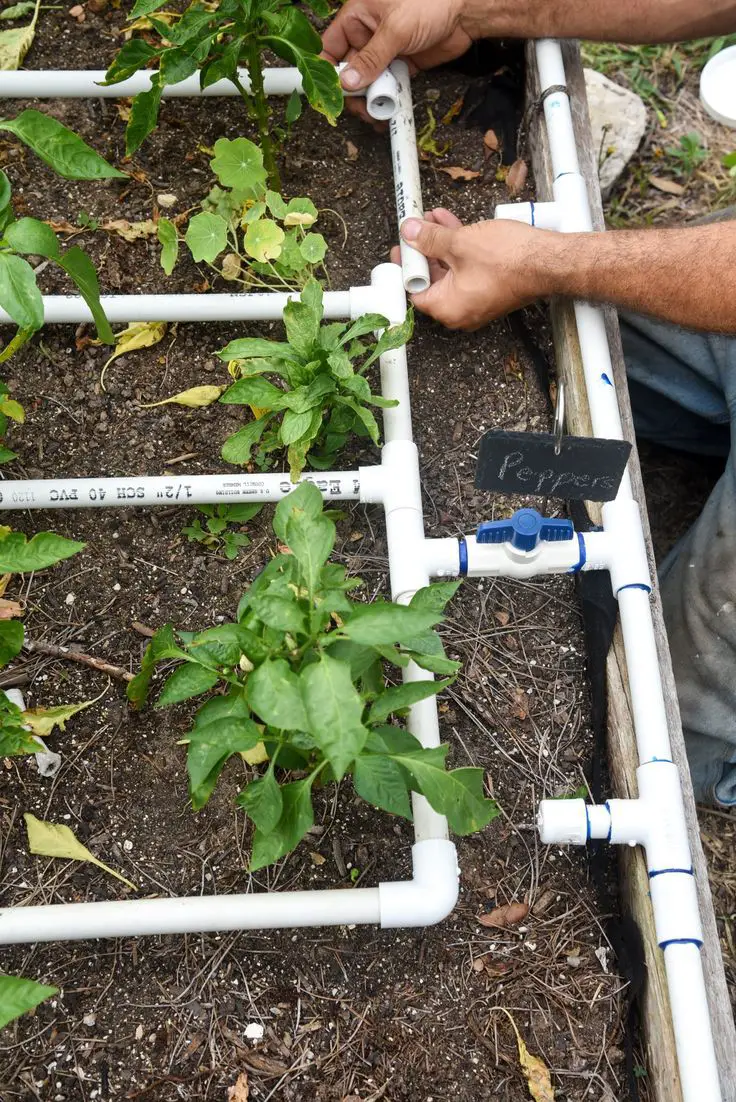
A drip irrigation system delivers water directly to the plant’s roots, reducing waste and the need for frequent watering. It’s especially beneficial for container gardens and raised beds.
20. Plant in Rows for Easy Harvesting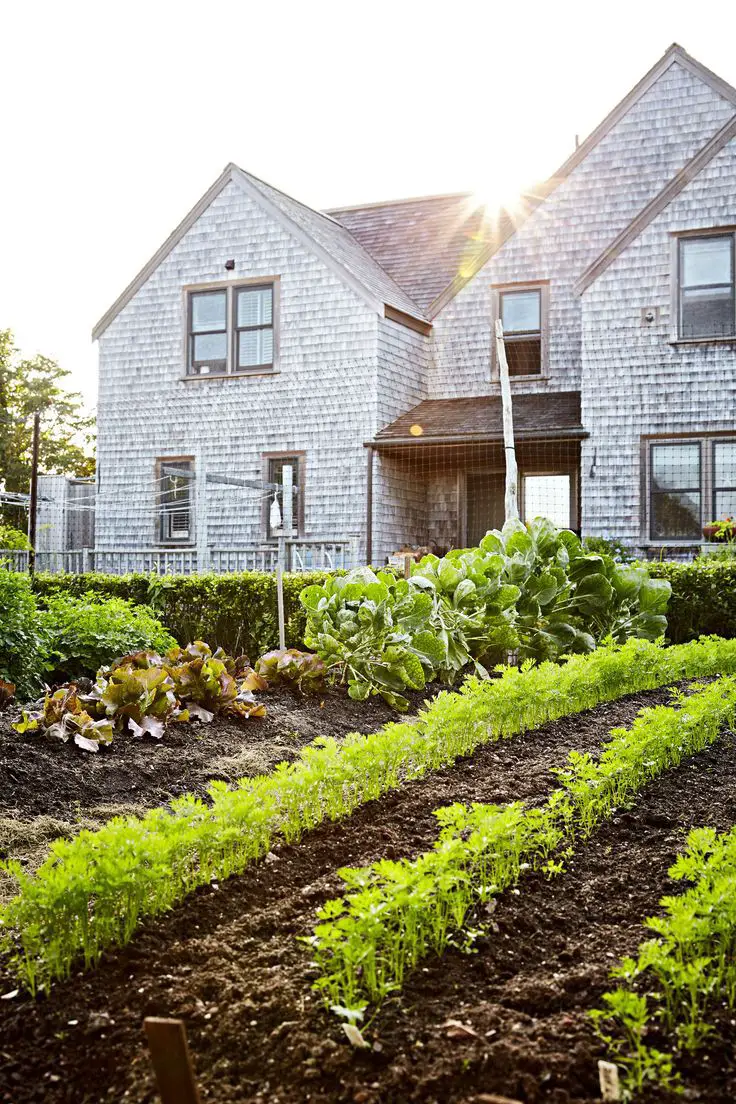
When planting vegetables, keep them in neat rows or grids for easy access during harvesting. This method also makes it easier to maintain your plants, water them, and spot any issues.
21. Use Companion Planting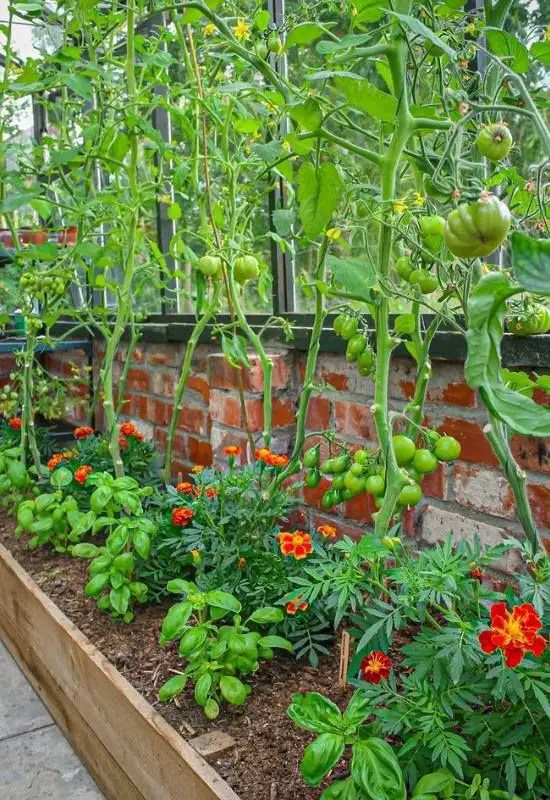
Companion planting can help your garden thrive by using plants that benefit each other. For example, planting garlic or onions near carrots can help deter pests, while basil and tomatoes enhance each other’s growth.
22. Add Garden Sculptures or Statues
Decorate your garden with simple sculptures, statues, or other ornaments to add personality and charm. These features can be a great focal point, giving your garden a unique touch.
23. Plant Fruit Trees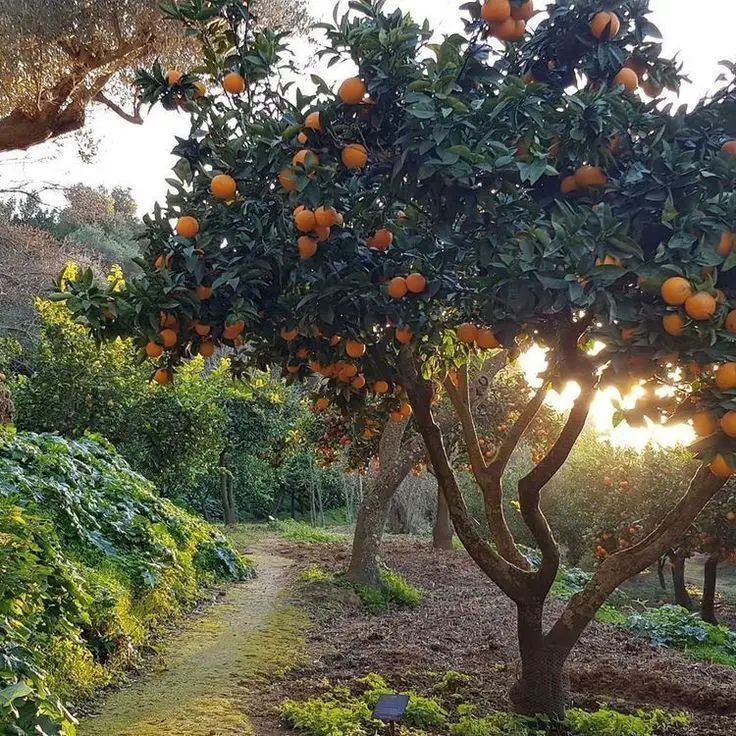
Even in small spaces, you can grow fruit trees like apples, pears, or peaches. Dwarf fruit trees are a good option for beginners and can provide delicious, homegrown fruit in just a few years.
24. Grow Succulents in a Sunroom or Window Box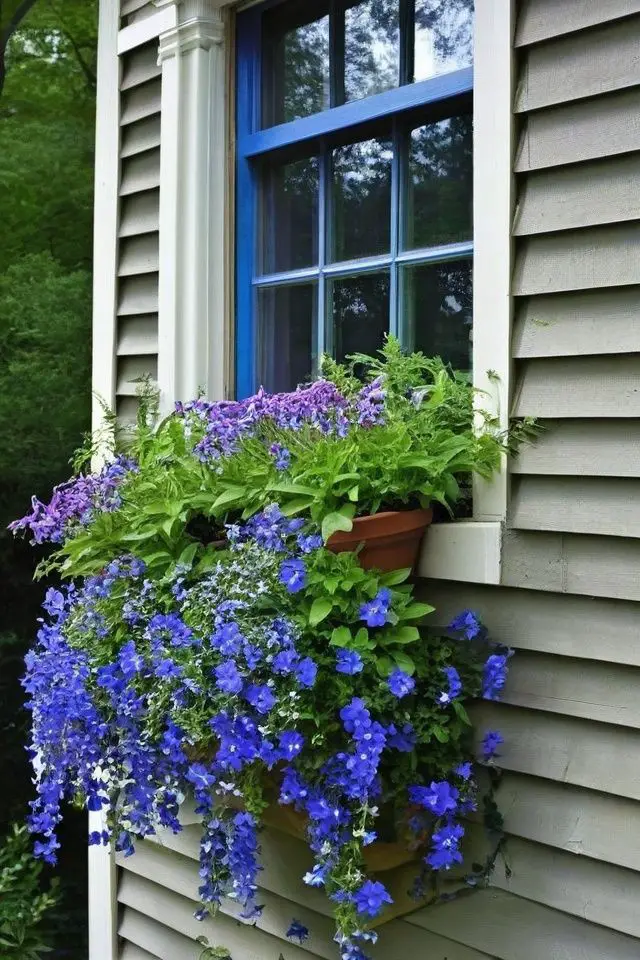
Succulents thrive in sunny conditions and make an excellent choice for indoor gardens. Use a sunroom or a window box to create a small indoor succulent garden for a low-maintenance option.
25. Incorporate Edible Flowers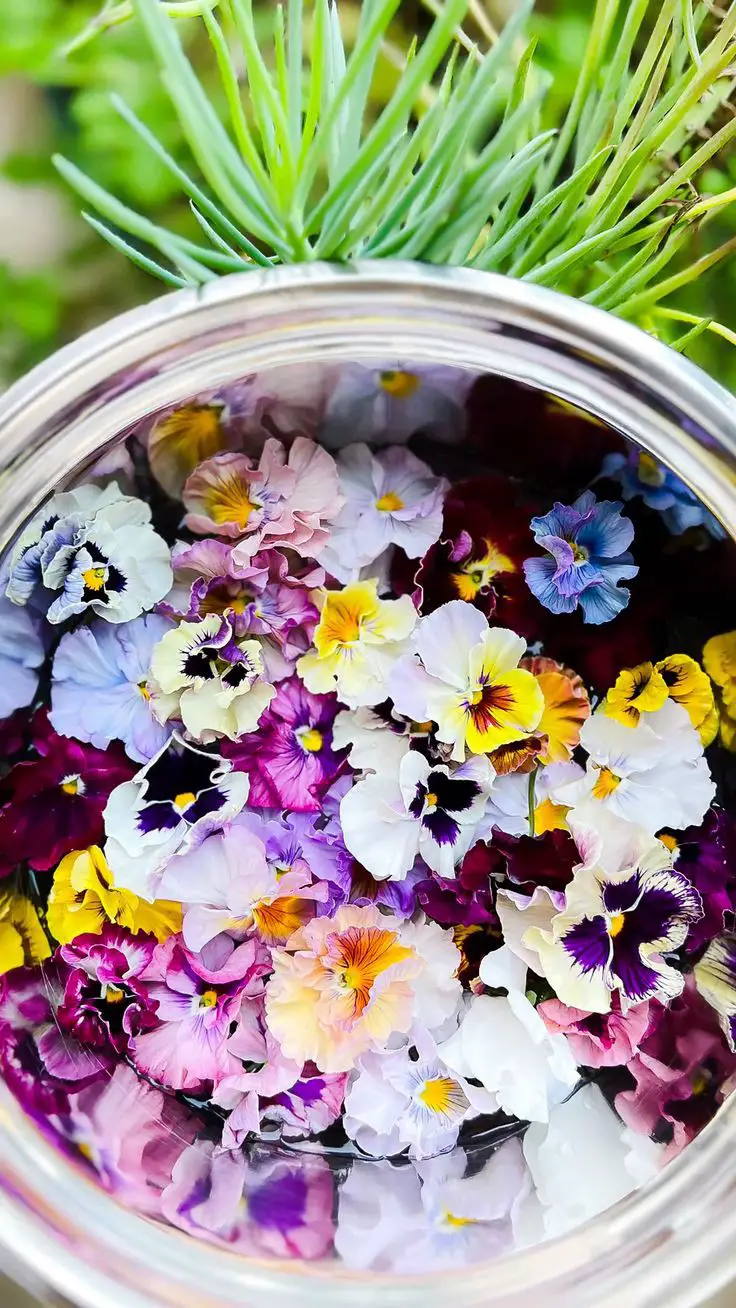
Edible flowers like pansies, violets, and nasturtiums not only brighten your garden but can also be used in cooking. Add them to salads, cakes, or as garnishes for a unique twist.
26. Create a Butterfly Garden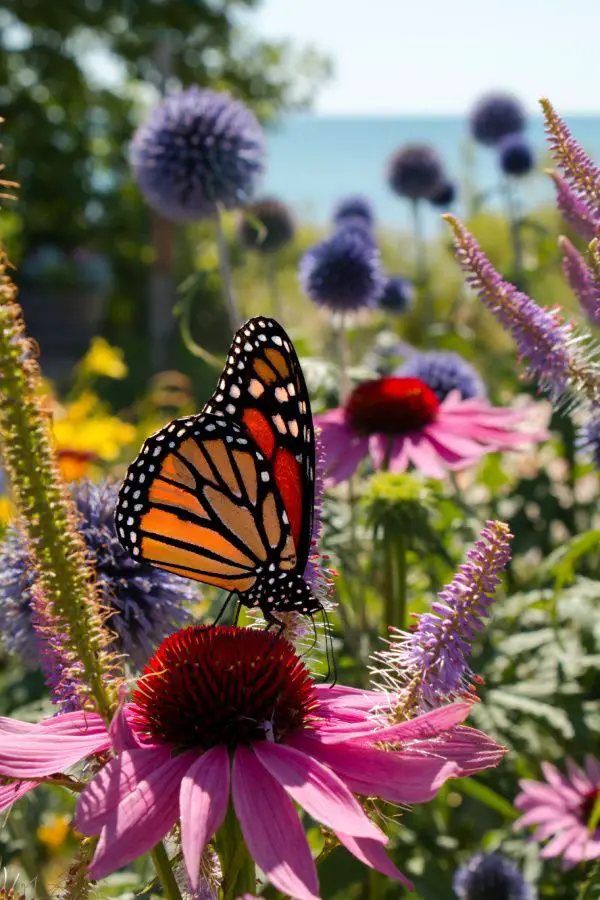
Encourage butterflies by planting nectar-rich plants such as lavender, milkweed, and echinacea. A butterfly garden adds beauty and helps pollinate your other plants.
27. Grow a Herb Garden Indoors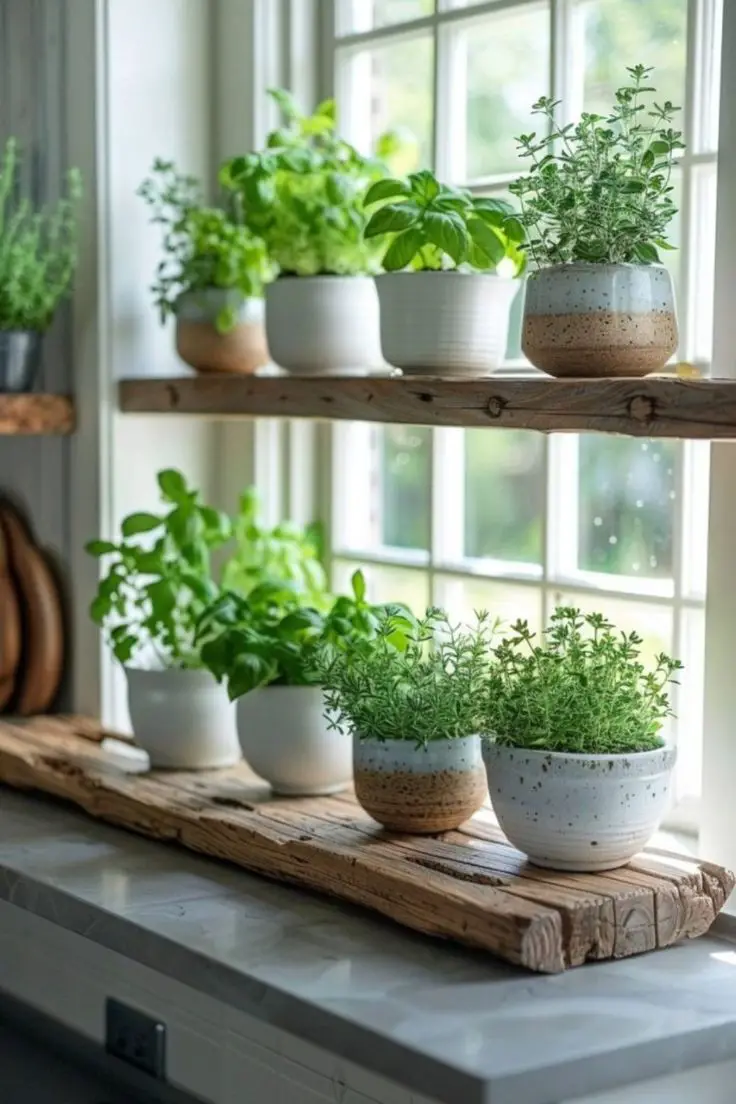
If you don’t have outdoor space, an indoor herb garden on your windowsill is a great way to grow fresh herbs year-round. Herbs like basil, cilantro, and parsley thrive indoors with adequate light.
28. Incorporate a Garden Bench or Swing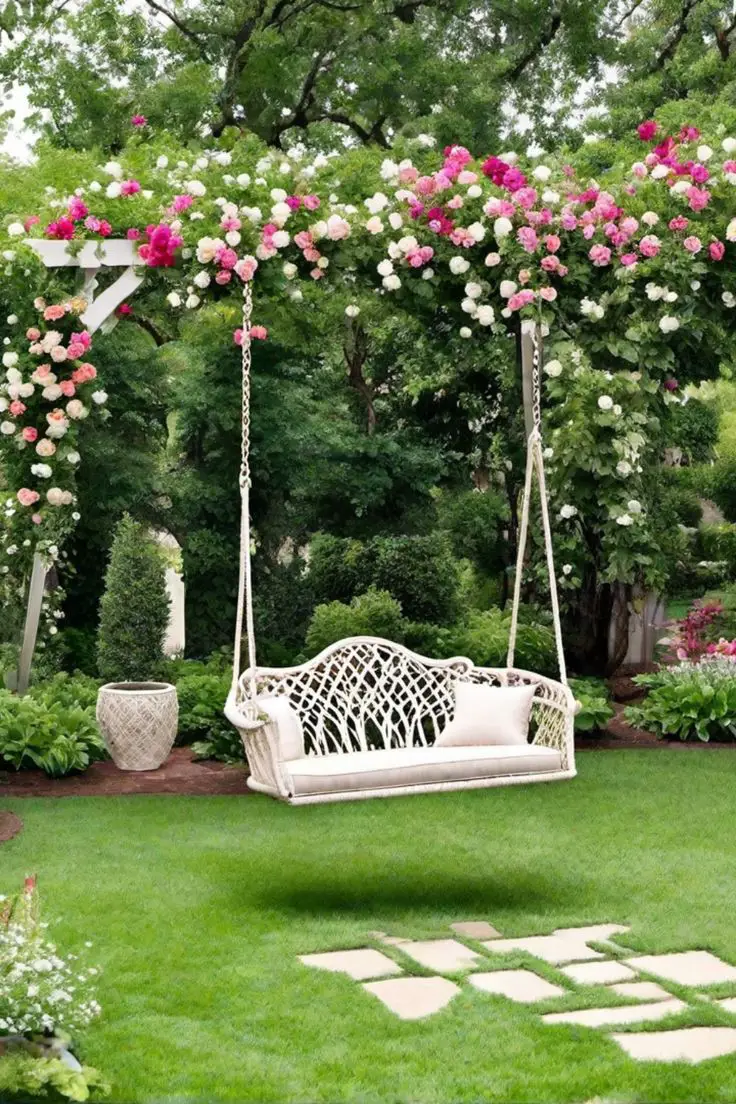
A small bench or swing in your garden provides a relaxing spot to enjoy the beauty of your work. Choose one that suits the space, whether it’s a rustic wooden bench or a charming wrought-iron swing.
29. Experiment with Raised Garden Boxes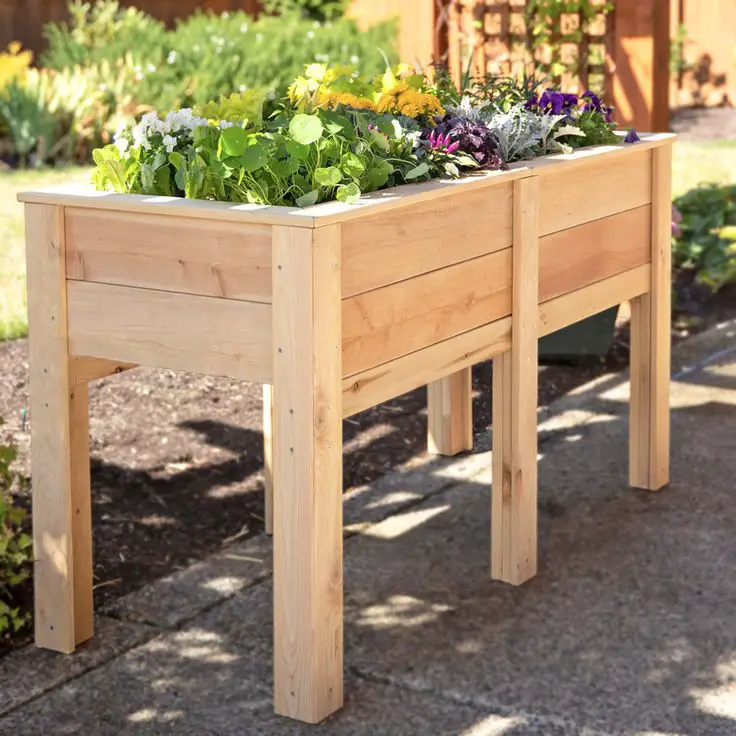
Raised garden boxes can help you grow plants in areas with poor soil, or on patios and decks. They’re great for small spaces and can be filled with high-quality soil to give your plants the best start.
These spring gardening ideas are simple enough for beginners to tackle, yet they offer numerous opportunities to create a beautiful and thriving garden.
Whether you have a tiny apartment balcony or a sprawling backyard, these ideas will help you get started and make the most of the spring season.
This Post showed you 29 Perfect spring garden ideas for beginners.
You may also like: